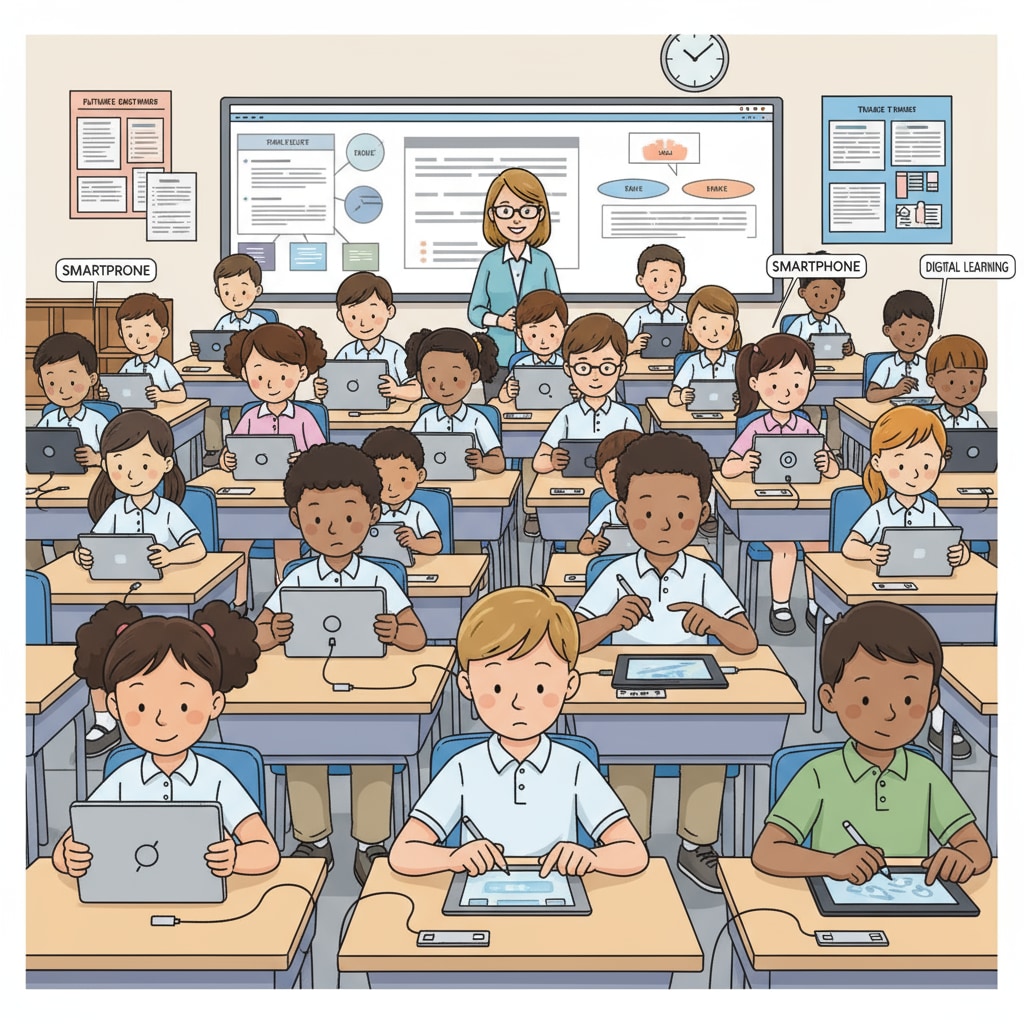The decline in literacy rate, along with its connection to reading habits, has significant implications for democracy and the young generation. In today’s digital age, the reading habits of K12 students are deteriorating rapidly, which is a cause for great concern.

This trend not only affects the individual growth of young people but also has far-reaching consequences for the democratic fabric of society.
The Link Between Literacy and Critical Thinking
Reading is a fundamental skill that plays a crucial role in developing critical thinking. When young people read, they are exposed to different ideas, perspectives, and information. This exposure helps them analyze, evaluate, and form their own opinions. According to Wikipedia’s entry on critical thinking, critical thinking involves the ability to question assumptions, identify biases, and make logical connections. However, with the decline in literacy rate and reading habits among the young, this development of critical thinking is being hindered. For example, students who read less are less likely to engage in in-depth analysis of complex issues.

The Impact on Democracy
In a democratic society, an informed and engaged citizenry is essential. Literacy is the cornerstone of an informed citizenry. As stated in Britannica’s article on democracy, a democratic system relies on citizens being able to understand policies, make rational decisions, and participate in public discourse. When literacy rates decline, it becomes more difficult for citizens, especially the young generation, to fulfill these roles. They may struggle to understand political issues, which can lead to uninformed voting decisions and a lack of active participation in democratic processes.
The decline in reading habits also affects the quality of public debate. Well-read individuals are more likely to contribute meaningful ideas and engage in constructive discussions. In contrast, a less literate population may find it challenging to express their views clearly and engage in a productive exchange of ideas. This can weaken the democratic dialogue and the ability of society to make progress.
Readability guidance: As seen above, we have used short paragraphs to convey ideas clearly. Each H2 section presents key points in a straightforward manner. We have also incorporated external links to reliable sources to support our arguments. Additionally, transition words like “however” and “for example” have been used to enhance the flow of the text.


